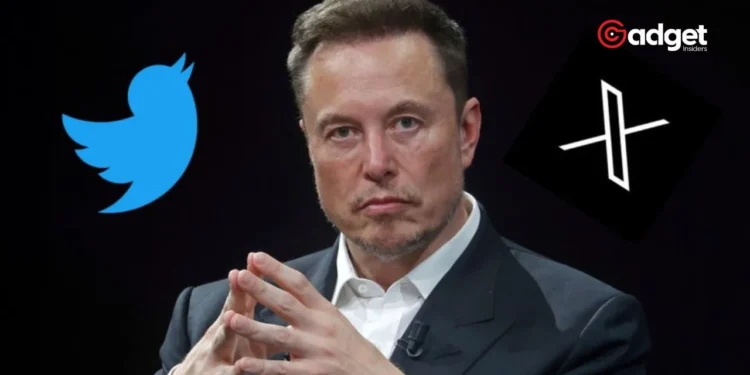In a bold move set to reshape the landscape of social media, Elon Musk, the owner of the platform formerly known as Twitter, now called X, has declared war on engagement farming. On April 18, Musk announced a significant policy shift: any accounts caught in the act of engagement farming will face suspension and a thorough investigation into their practices. This initiative stems from a desire to purge the platform of manipulative content strategies that rely on stirring controversy or mimicking viral content to gain traction. Musk’s announcement, which reached an audience of over 100 million users, was met with widespread acclaim, signaling a community tired of manipulative tactics.

“Finally, thank God! This is much needed. I’m so tired of seeing clickbait pages and those who put out fake news solely for engagement farming just for clicks, likes, and comments, and solely for profit, nothing else,” said @rawsalerts, reflecting a sentiment echoed by many others across the platform.
Understanding Engagement Farming: A Closer Look
Engagement farming is not a new concept; it has plagued social media platforms for years, deteriorating the quality of user experience by prioritizing sensationalism over substance. The practice includes various tactics like posing controversial questions or using trending meme formats to artificially inflate engagement metrics such as likes, shares, and comments. For instance, a recent trend on X encouraged users to find hidden messages between specific keyboard keys, a seemingly harmless activity that quickly became a template for engagement baiting.
We desperately need an update to the open sourced algorithm code (it’s been 9 months)
Our freedom of speech is dependent on it
• The X rules are changing daily (no more engagement farming)
• An election is coming up in 6 months
• Governments trying to actively censor XTRUE… pic.twitter.com/Tph5tnsprf
— Alex Finn (@AlexFinnX) April 22, 2024
Such trends, while often appearing innocuous, monopolize user timelines and skew the platform’s algorithm, overshadowing genuine content from individuals and brands that users actually follow. Jamie Cohen, a media studies professor at Queens College in New York, criticized these tactics as “lowest common denominator stuff,” emphasizing their role in wasting time and detracting from meaningful interaction.

X Sees Surge in Engagement Farming Under Elon Musk’s Leadership
Under Musk’s stewardship, X has seen an uptick in engagement farming, partly due to its Creator Ads Revenue Sharing program. Introduced last year, the program incentivizes viral posts by paying creators based on the ad viewership on their posts, not direct views. Originally setting a high bar for eligibility, Musk has since lowered these thresholds, arguably making it easier for more creators to participate and potentially exacerbating the problem.
“There’s been engagement farming since the early days of clickbait headlines and listicles in the early 2010s when the recommendation algorithms were just getting started,” said Cohen. “But with X’s incentives, the recommendation system works to optimize engagement bait so the farmers have increased their tactics exponentially.”

A Challenging Path Forward
Addressing and ultimately curbing engagement farming on X will not be straightforward. Musk’s plan involves not only penalizing those found guilty of these tactics but also adjusting the underlying systems that reward such behavior. Despite these intentions, no specific details have been provided on how these changes will be implemented, and the platform continues to allow monetization that may encourage engagement baiting.
“As long as Elon incentivizes engagement, a new engagement tactic will appear very quickly,” Cohen predicts, suggesting that as long as there are profits to be made, users will innovate new ways to game the system.
In summary, while Elon Musk’s latest initiative on X to ban engagement farming has been met with enthusiasm, it underscores a complex challenge: balancing user engagement with content authenticity. Only time will tell if this new direction will lead to a more genuine social media environment or if it is merely a temporary detour in the ongoing evolution of digital interaction.










